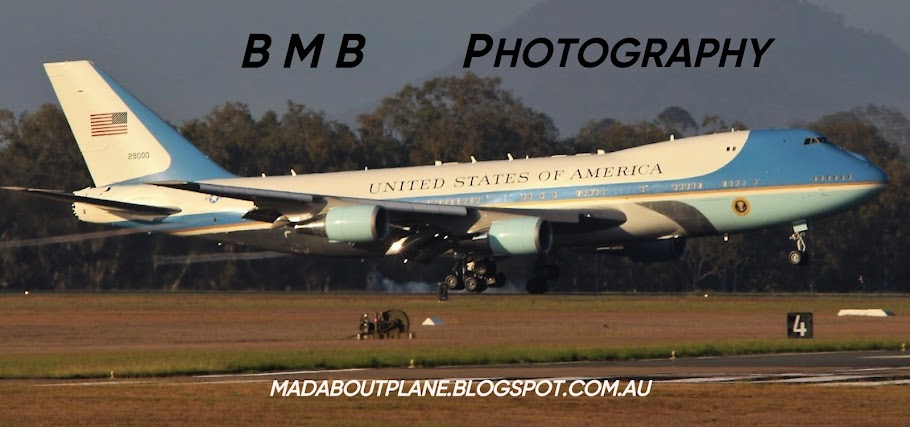Nervous fliers, take note – despite two recent accidents involving the Boeing 737 MAX, and the fatal crash a F28 weeks ago in Kazakhstan, air travel has statistically never been safer. In fact, 2019 ranks as the third safest year in aviation history. According to the Aviation Safety Network (ASN), which records all air crashes and incidents reported around the world, there have been only 14 accidents involving passenger flights this year, resulting in 267 deaths. In the post-war period, only two years (2017, when just 31 deaths were recorded, and 2013, when the figure was 224) have seen fewer air crash fatalities. The statistics are even more impressive when one considers that more people are flying than ever before – 4.59 billion journeys are anticipated for 2019, up from 4.1 billion in 2017, and 3.1 billion in 2013. "If the accident rate had remained the same as ten years ago, there would have been 34 fatal accidents last year," said Harro Ranter, president of ASN. "At the accident rate of the year 2000, there would have been 65 fatal accidents. This shows the enormous progress in terms of safety in the past two decades," said Harro Ranter, president of ASN. The vast majority of 2019's 267 deaths came in two crashes: Ethiopian Airlines Flight 302 and Aeroflot Flight 1492. The former, in which 157 lives were lost, occurred on March 10. It was the second fatal accident involving the Boeing 737 MAX – following Lion Air Flight 610 in October 2018 – and since the crash the model has been grounded by airlines around the globe. The latter involved a Sukhoi Superjet 100 – which, like the 737 MAX, is a recent addition to airline fleets. The jet was struck by lightning soon after leaving Moscow's Sheremetyevo International Airport and burst into flames when it returned for an emergency landing. Forty-one of the 78 on board died. Given that around 38.5 million passenger flights took to the sky this year, that works out at just one accident for every 2,750,000 flights – and most of those involved small turboprop aircraft.
Among the deadliest years in recent history was 2014, when eight accidents involving commercial flights saw 925 perish (the two Malaysia Airlines crashes being the most high profile). More than 1,000 deaths per calendar year were commonplace until relatively recently. In 2005 there were 1,015; in 2000 there were 1,116. But the deadliest year of all time was 1972, when 2,432 people died in 56 accidents involving passenger flights – a number that's all the more remarkable when you consider how few departures there were compared with today (around 9.5 million). A total of 11 crashes saw at least 100 perish that year, including four Aeroflot flights, and others involving Iberia, Sterling Airways, Alitalia, British European Airways, Interflug, Spantax and Eastern Air Lines. Fearful fliers should be grateful the Seventies are over. The following year, 1973, saw 2,226 fatalities in 50 crashes. The carriers involved in the biggest disasters that year included Royal Jordanian, Libya Arab Airlines, Invicta International Airlines, Varig and Pan Am. And, of course, Aeroflot, which had a staggering 17 crashes. In 1974 there were 2,068 deaths in 46 accidents (eight involving Aeroflot). It should be noted that safety standards have improved drastically at the Russian airline since then – until this year it hadn't been involved in a fatal crash since 1996.
Full story written and published by
The Telegraph, London

No comments:
Post a Comment